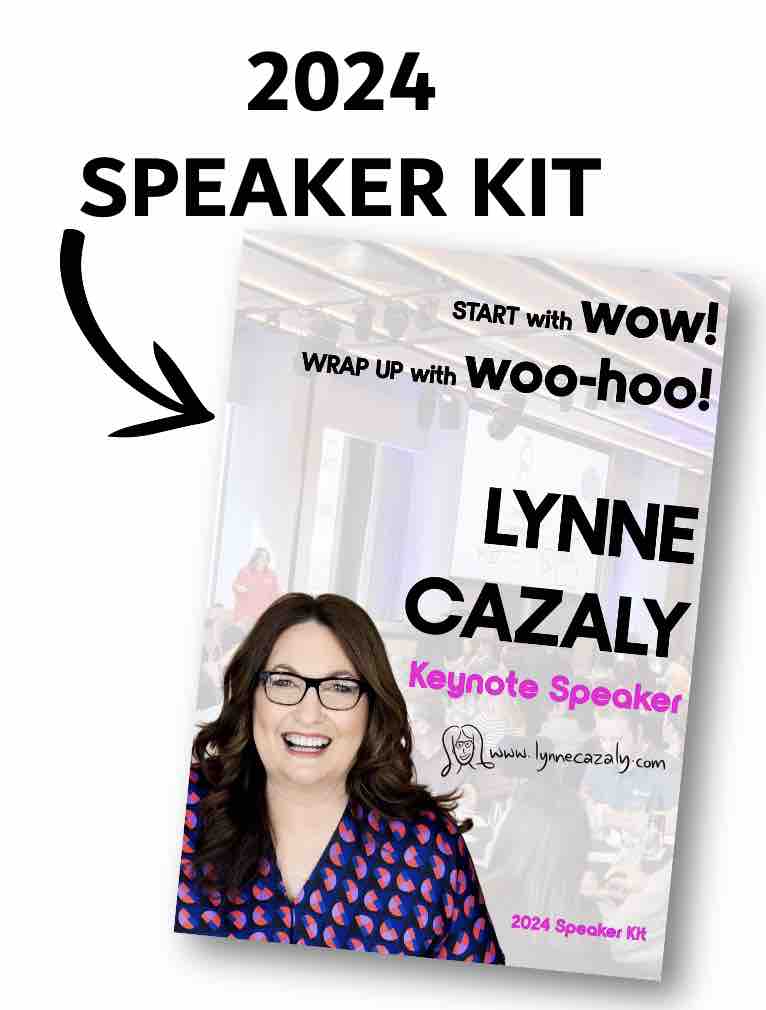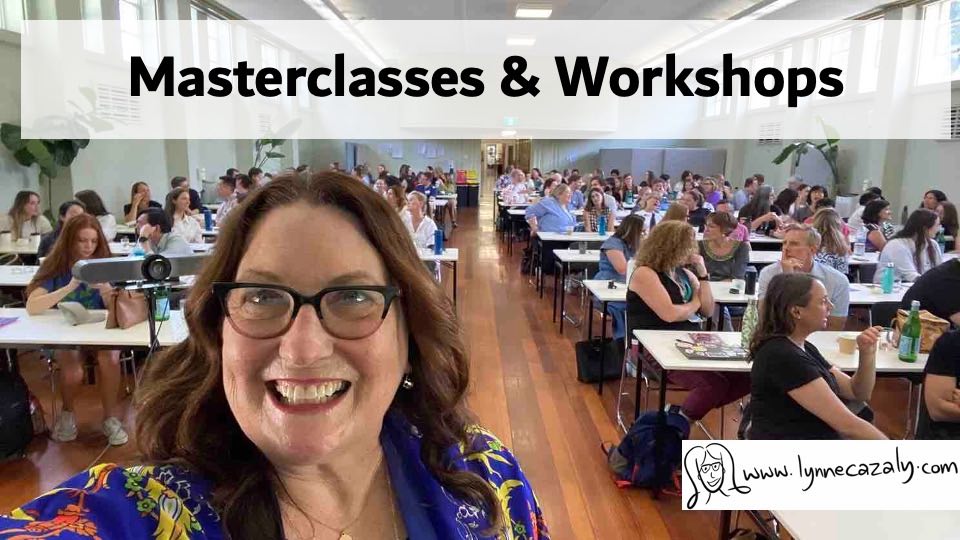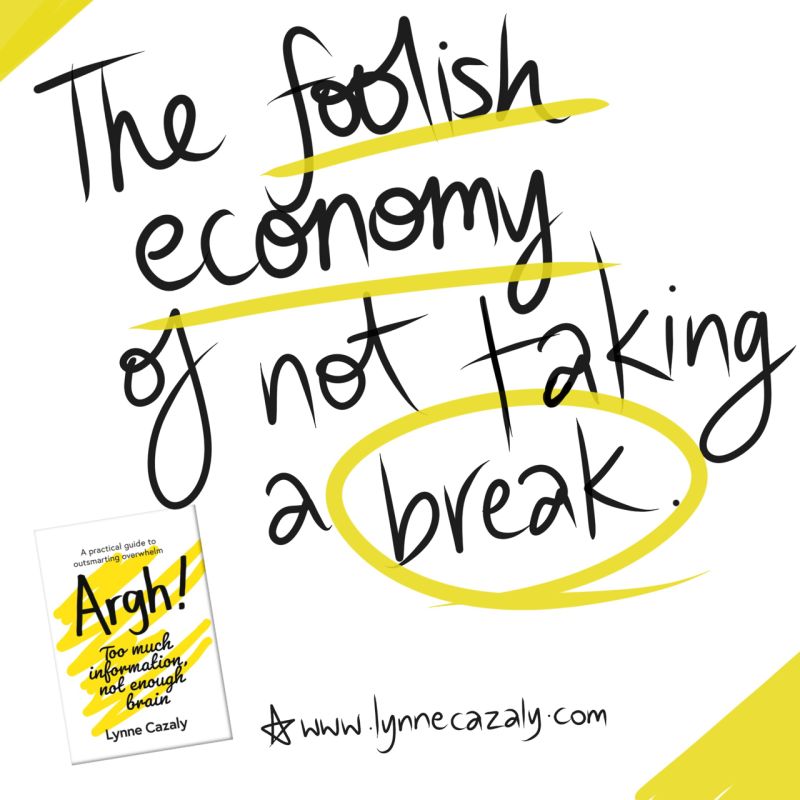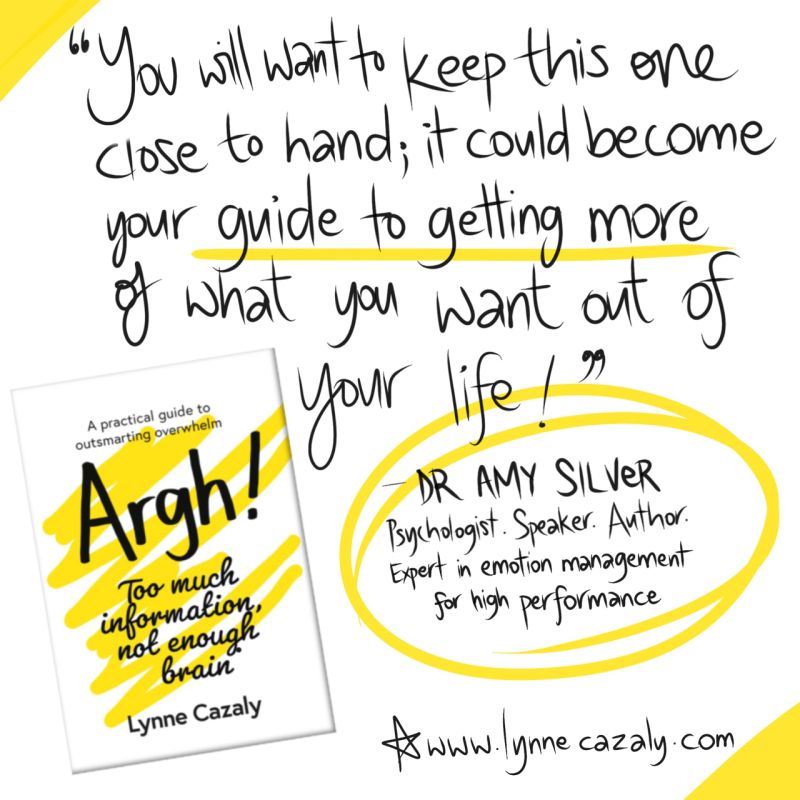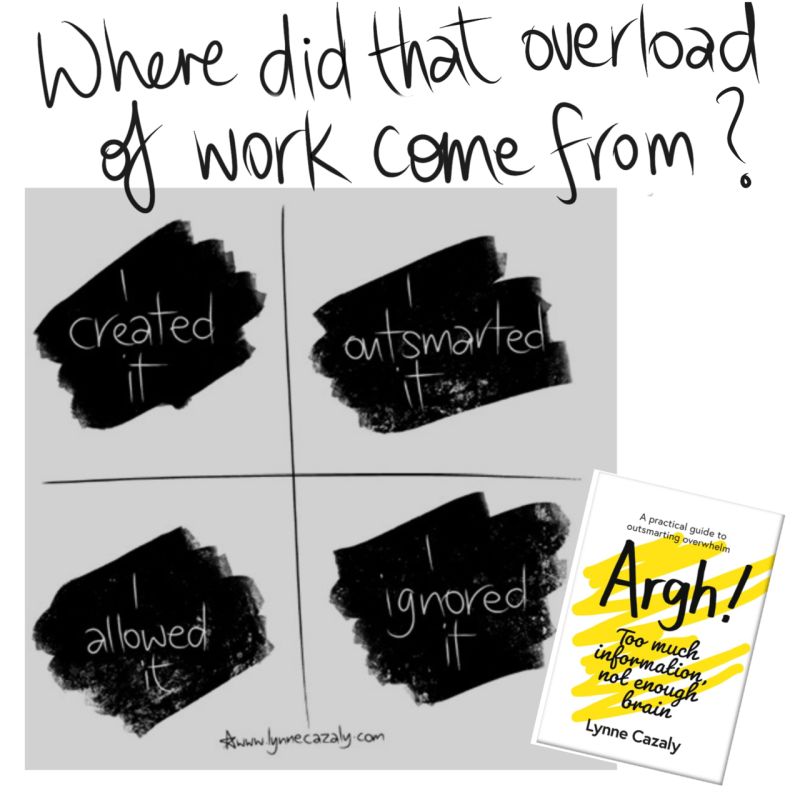You know that ‘cooked’ or fried brain feeling ...
 Friday, October 15, 2021 at 12:29PM
Friday, October 15, 2021 at 12:29PM 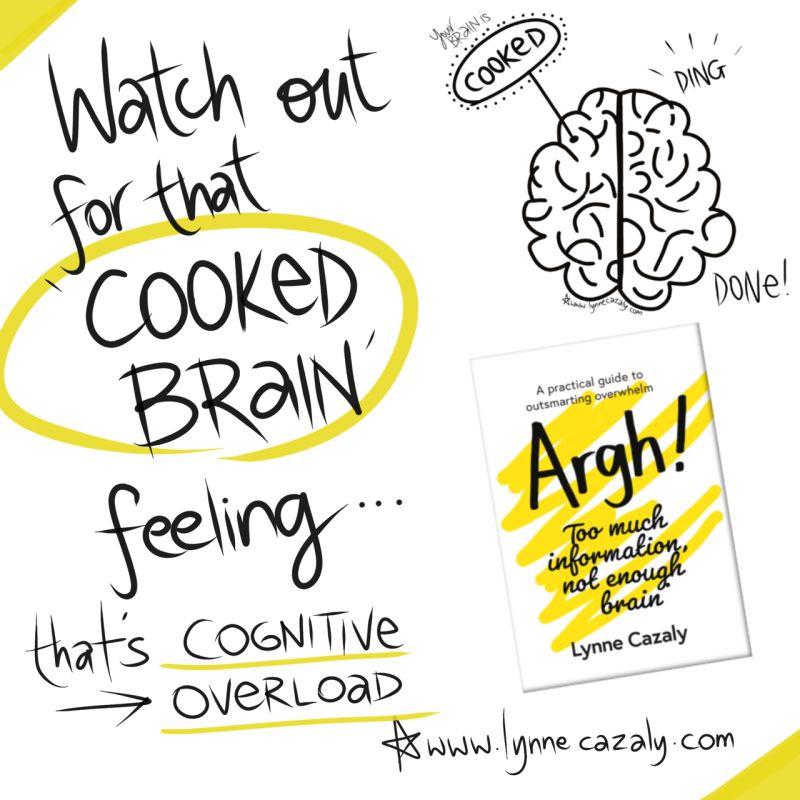 When we’re overloaded with too much information, our response might be to say, ‘I can’t take anymore, I’m done.’
When we’re overloaded with too much information, our response might be to say, ‘I can’t take anymore, I’m done.’
The ‘I’m done’ statement sounds like we are cooked, roasted, ‘done’
and baked.
And in a way, we are.
Our brain feels fried and full and there isn’t any more space to take in more content, information or learning.
Whatever we try to add in, seems to overflow and doesn’t stick or stay there. This is cognitive overload.
Like the overflowing of a dam wall, rising river waters in times of flood, a monster tide on the full moon or a
glass overflowing at the kitchen sink: all of these situations show
us what is happening in our brains with information.
There’s too much information for the space available.
Our brain doesn’t seem to have evolved to cope with the huge amounts of information we’re expecting it to today.
We don’t help ourselves by doing these 3 things:
1. trying to just ‘soak up’ information
2. multitasking with more than one device or source of information
and
3. repeatedly switching between the sources.
Look out for when you’re feeling cooked and ‘done’. It’s a clear signal to try a new or different way of handling information. And we don’t have to suffer this.
Check if you’re doing any of the 3 things listed above. As you reduce these and bring in contrasting behaviours that help with cognitive load coping, you’ll feel better ... quickly.
Read more in my book:
‘Argh! Too much information, not enough brain: A practical guide to outsmarting overwhelm’.

